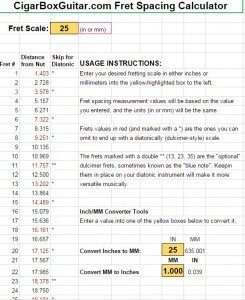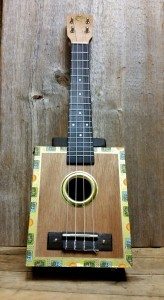 We just got done adding four new cigar box ukulele how-to video lessons to the knowledgebase. All four were created by One-hand Dan Russell, our resident ukulele expert.
We just got done adding four new cigar box ukulele how-to video lessons to the knowledgebase. All four were created by One-hand Dan Russell, our resident ukulele expert.
Here are the links:
Stack-o-Lee – a classic old bluesy song, also known as “Stagger Lee”, which has been sung by a wide range of musicians from Mississippi John Hurt, to Dr. John and many more.
If I Needed You – a beautiful folk/country song written by Townes Van Zandt, that Emmy Lou Harris did an amazing version of.
I Still Miss Someone – One of Johnny Cash’s better-known compositions, this great old song tells a tale of longing… “Oh I never got over those blue eyes…” Emmy Lou Harris, Stevie Nicks and many other musicians have also done versions of this song.
Take a Whiff On Me (Cocaine Habit Blues) – though its subject matter may now be considered taboo in polite company, this is a classic American blues/folk song first documented and published by Alan Lomax in the 1930’s. It has been covered by a wide range of performers from Woodie Guthrie to Jerry Garcia to the Old Crow Medicine Show.
That’s it, so grab your ukes and get to pickin’!
 When using grommets as sound hole inserts on cigar box guitars, a great way to hold them in place is to drill a hole of appropriate size and then use hot glue from the back to cement it in place.
When using grommets as sound hole inserts on cigar box guitars, a great way to hold them in place is to drill a hole of appropriate size and then use hot glue from the back to cement it in place.
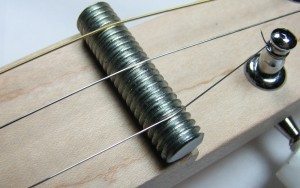


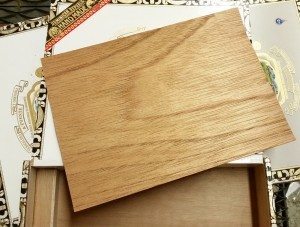
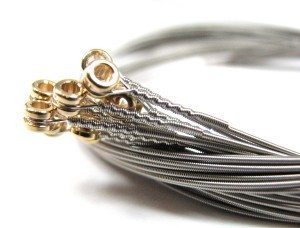


 We just got done adding four new cigar box ukulele how-to video lessons to the knowledgebase. All four were created by One-hand Dan Russell, our resident ukulele expert.
We just got done adding four new cigar box ukulele how-to video lessons to the knowledgebase. All four were created by One-hand Dan Russell, our resident ukulele expert.